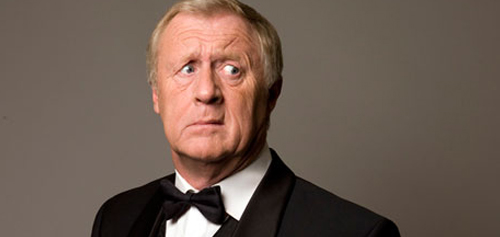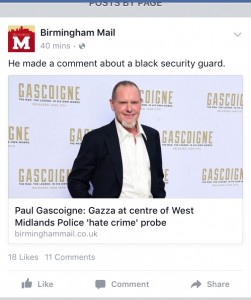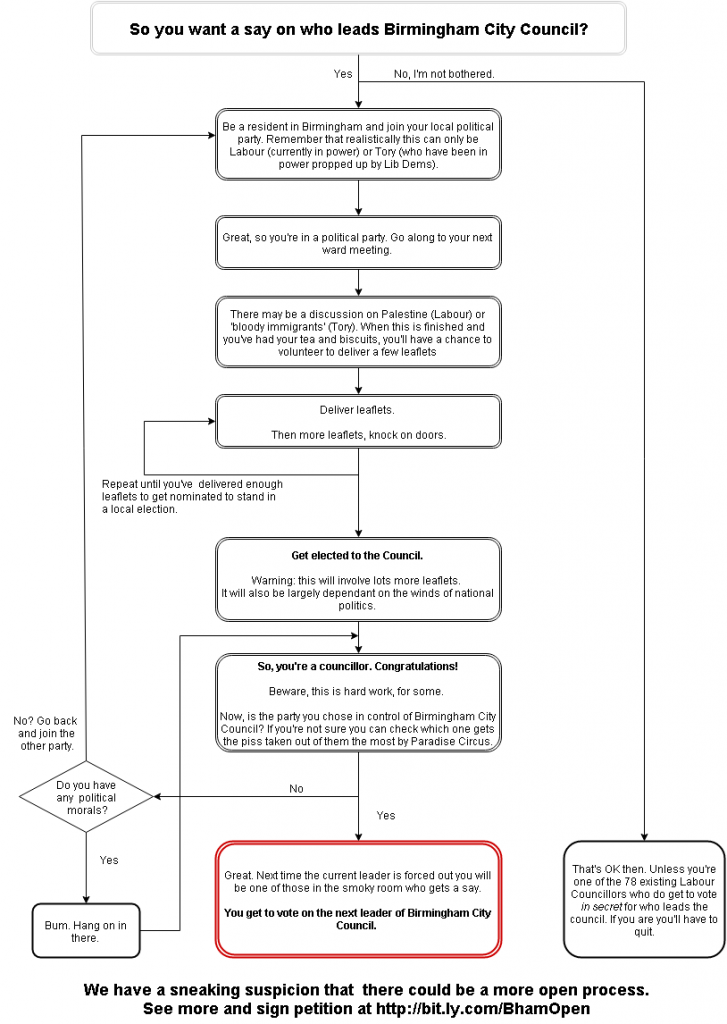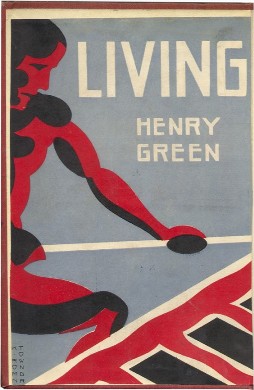He made a comment about a black security guard,
Remember this, cult TV fans?
I don’t remember seeing this in any nativity story,
Will you welcome Tyson Fury to Birmingham?
Continue reading “He made a comment about a black security guard: the found poetry of the Evening Mail’s Facebook updates”
Author: Jon Bounds
Pub Timelord
I don’t have a problem. Or rather, I don’t have the problem you think I have.
I’m not drunk. I’m unstuck in time.
I slipped into the Rose Villa for a swift half. The gathering night battled with the street lamps and swooshing, the tyres scratched and the dull hum of a bus cream and blued it’s way through a puddle.
There was light behind the door, through the mottled glass. ELO playing on the jukebox. But first I needed a slash. “Ahh, that’s better,” I said to myself.
The bar looked the same, but different somehow. I didn’t recognise anyone, but I guessed I must be early. Or late. Nearly Christmas and everyone’s routines get shot to pieces.
But I couldn’t get my bearings. I searched the taps for anything I knew. No Brew, no M&B, no Ansells, no Black Label.
So I ordered pop, reasoning that it might wake me up. Half a coke. Through the heavy air I watched furry post-mixed cola, spluttering and coughing from the hose. But when the glass reached me, it was empty except ice and rough cut lemon. Placed next to it on a napkin — unsuited to the job of beermat — was a bottle. Clean, cold, open. But with a Victorian label. It tasted sweet, but so cold, so watery with the ice that there was nothing there.
A bitter. It’s Friday, I’ve been paid so I handed a fresh note over and pocketed the change without looking. The glass was tall, too straight. No handle. The beer not right.
Still no-one here. No-one I know. Everything has changed. Get me another, I’ll wake up then.
Satirical cartoon: Birmingham’s C̶o̶b̶r̶a̶ Ansells Mild Emergencies Committee
A meeting room. A sign on the wall reads ‘Birmingham City Council Terrorist Response Committee Meeting’
A long boardroom table. Glasses of water, pens, paper, name plates for local councillors, one is labeled ‘chair’. There is no-one in the room.
There is an old-fashioned phone near the Chair’s seat, it is ringing.
We can read the chairperson’s notes. Item one is ‘apologies’, under that there is a list of committee members and reasons why they aren’t there.
Attending Marketing Birmingham Envelope Opening
Attending Capita Xmas party
At Labour leadership campaign event
Can’t make it, am at Impact hub for social capital workshop
Also on the table are two newspapers, one’s headline is ‘COUNCIL ANTI-TERROR COMMITTEE TOO BUSY TO MEET’ the other leads with ‘PARIS SHOOTER PHONED BIRMINGHAM’
The caption reads ‘one missed call’.
101 Things Birmingham Gave The World. No. 78: The Sound of Silence

I’ve got something I need to tell you about Birmingham. It’ll be legend…
– wait for it –
…dary.
I need to tell you about Birmingham and how it invented the dramatic pause. Well, the one they have on the telly anyway.
Rhetoricians have always known that the pause is a powerful thing: it’s the white space of oratory design. Just as a graphic designer needs to balance harmony and discord to create, and then play, with tension on the page, so too the public speaker uses silence, the pause, as negative space to better punctuate their message.
In broadcasting one cannot be quiet. Radio folk talk of ‘dead air’ – silence in other words, a moment when no one is speaking, no music is playing, nothing is being advertised. The one thing a radio broadcaster can never have on their show is dead air because the moment that you are silent is the moment that you lose your audience. Dead air suggests that the receiver has lost signal from the broadcaster. Perhaps the radio needs to be retuned, or perhaps the station is off air – whatever it is it’s time to touch that dial. On most stations there is an ‘emergency tape’ (a copy of an M People record) that will kick in automatically should quiet pervade for too long.
When the BBC started to broadcast television, they essentially showed radio with pictures. The techniques of broadcasting had been shaped on the radio, and everyone who worked in television had worked on radio, so television was merely radio remediated with an extra quality: the picture. It took 70 years for the innovation that changed everything: it took 70 years for the invention of a broadcast silence.
It took Brummies, of course, to take the big risks and to bring about these changes: it took a Brummie mindset to realise that with a picture you could sustain a silence in your work because the audience could see that you were still there. This was intentional silence, not dead air: it took Brummies to bring the art of public speaking back to mass entertainment and they did that when they invented the silence.
I can tell you how they did it. I’ve got the answer here in my hand…
…but we don’t want to give you that.
Satirical Cartoon: WMCA Metro Mayor announced
Four men in suits and one woman, are waiting for a bus at a request stop. The stop has ‘Birmingham City Council’ on it. Each of the five in the queue have a rosette announcing their names and their candidate status for Council Leader. It doesn’t matter who they are though. It’s raining, they are sad.
In the gutter a paper hyperlocal blog announces the hashtag #Brumleader, it’s melting with the water.
Worse than the rain, the old-fashioned routemaster bus has just driven past the stop, splashing the leadership hopefuls from a puddle. The bus’s destination board says ‘WMCA via Central Government Edict” Driving the bus, grinning inanely in a hat, is stoned chancellor George Osborne, while hanging off the back door pole is John Lewises’s Andy Street. His name is on the conductor’s badge he wears, the tickets flowing from his machine have ‘cuts’, ‘blame’, and ‘Noddy Holder?’ written on them.
One of the interchangeable councillors says to the others, “I thought it was going to be a Metro Mayor”.
The caption reads ‘Too shy to put their hands out.’
Labour councillors: Stop gagging Brum
Despite calls in the media, old and new, and noises from some quarters (not as many as we’ve got, like but…) it’s being reported that the Labour group on Birmingham City Council is actively against having an open debate and a hustings event for the election of a new leader of the largest local authority in Europe.
With five candidates now declared that leaves 73 people voting on who leads a city of over a million. And they won’t even be open about the process.
They’re gagging the people of Birmingham and that’s not good enough.
Sign our petition for an open process. Add a gag to your social media profiles in protest. Read more.
Chamberlain Square features still a statue of Birmingham’s great campaigner for electoral reform, Thomas Attwood. One wonders what he would make of it.
Satirical cartoon: Ian Ward stands for council leader
A man in an artist’s smock is standing in front of an easel, the canvas is empty. They’re in a room that has ‘Council House’ on a sign on a wall.
A man in a suit is posing in for a painting, all statesmanlike. He’s near a desk that has his nameplate on ‘Councillor Ian Ward’.
Another man is standing by the artist, he’s holding a newspapers which has the headline ‘WARD: I’VE NO MANIFESTO’.
“No,” says the artist, “It’s finished.”
The caption: The Blank Canvas.
So you’d like a say in who leads Birmingham City Council?
Want to feel enfranchised? Like you have some influence in the direction of your city? Then you need to have a say in who leads your local council.
How to get that? Well you need our guide.
Of course, only 0.01% of Birmingham residents actually get a vote. Find out more and sign the petition for a more open process.
101 Things Birmingham Gave The World. No. 77: The kitchen-sink modernist novel
Two o’clock, 1929, Tyseley, Birmingham, Henry Green walked Warwick Road, near current DFS, Foam Cut to Size, Hollywood Monster.
Standing in Tyseley, son of Mr Yorke, thought in mind and it seemed to him that these factories were beautiful and he reached out feeling to them and he touched them; he thought only in Birmingham now was honesty left for in the county and Oxford and Eton, in society, words were like sheep while here men created what you could touch, soft like silk, flowing without definite article, which would last, although not as well as those of contemporary Orwell or Oxford tutor C.S. Lewis.
He thought, he declaimed to himself, this was life to lead, making useful modernist novels that were beautiful, and glad for making them, which you could touch; but when he was most sure he remembered. He remembered how it has all been said before and experience of father’s bottling factory became basis for great work of modernism; first to use working class experience. And then what had been so plain, stiff and bursting inside him like pumps at Mermaid on Stratford Rd, died like fun at Acock’s Green Wetherspoons, and he felt embarrassed standing as he did in fine clothes.
Apologies to Henry Green’s great modernist masterpiece Living which is set in Tyseley.
Birmingham and leadership: A challenge to democracy
Birmingham is to have a new leader. And we don’t get to vote. No-one does, apart from the outgoing leader and 77 other Labour councillors.
The leader of Birmingham City Council is potentially the third most important figurehead in the county: after the PM and London Mayor. There is control over millions and millions in council budget.
But: the majority of the one million people in Birmingham haven’t a clue who they are.
And that’s not least because they have no direct say in how they get there.
Sir Albert Bore, who is to step down, may have deserved all the plaudits he’s got for his work — but the truth is that who ends up leading Birmingham is decided behind closed doors. It’s luck, and friendships when it should be democracy and accountability.
We have a democratic deficit in the city: power is devolved to unelected groups of ‘business leaders’, council services are tied up in monolithic commercial contracts, there’s talk of wider bodies to which the public have no access. To have the leader of the council also ‘unelected’ is too much.
We believe that true power should only come with accountability and openness. So we ask those who have the power currently to work to change the system, but also to do what they can now.
We ask Labour Councillors, pledge to:
- Be open about your positions on the leadership.
- Take soundings from your constituents.
- Listen to the people of Birmingham before you vote.
Leadership contenders, we ask you to pledge to :
- Produce and publish a plain English manifesto with your vision for Birmingham and how you’d get there.
- Commit to open hustings.
- Talk to the public directly, your national party’s leadership understands the power of social media — use it.
Other public figures, both inside and outside the Labour party, also have a duty to encourage openness and change in this process. MPs, you have a platform, please use it for democracy.
Let’s make Birmingham democratic. Please ask your elected representatives to commit to these pledges, sign this petition.




